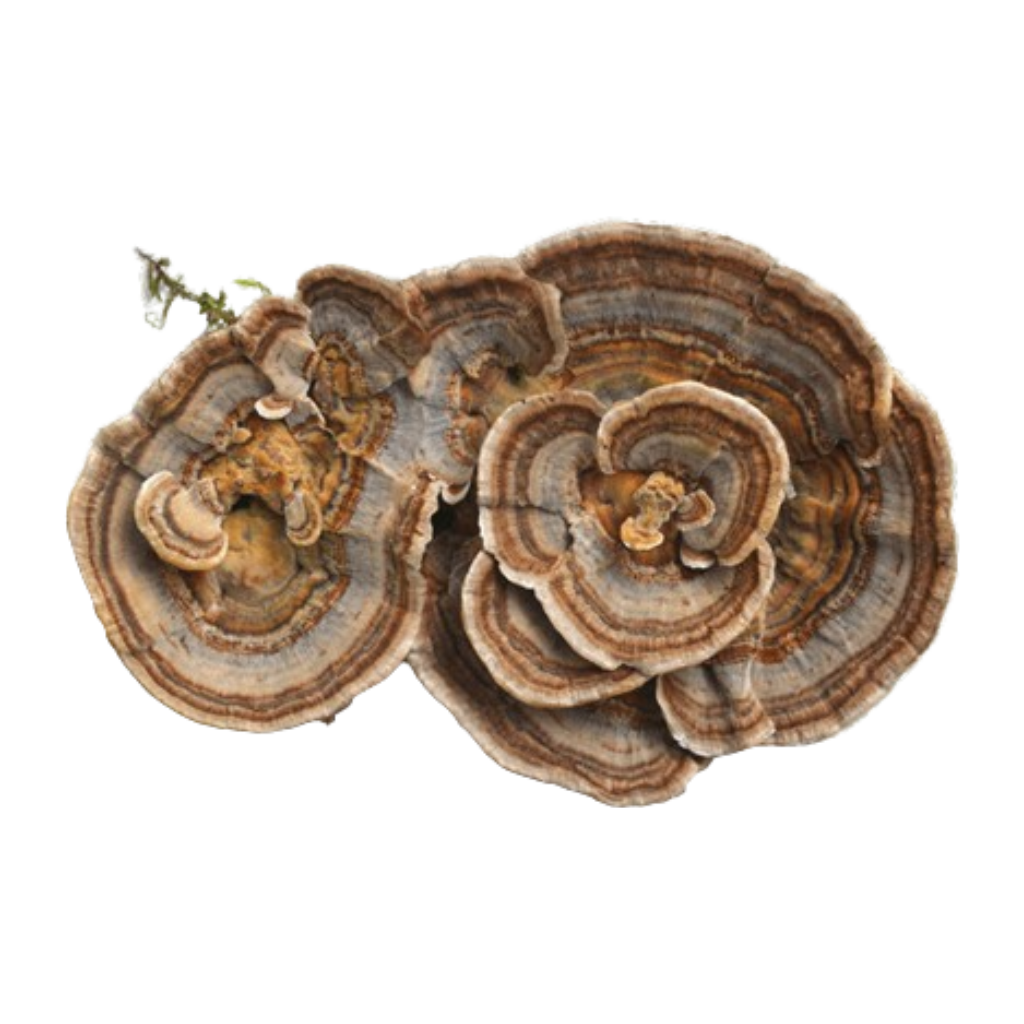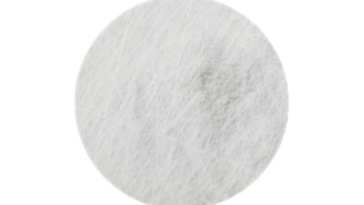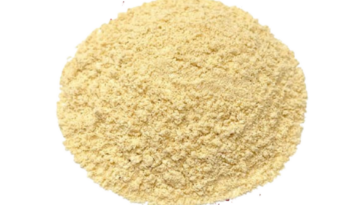Turkey Tail mushroom (Coriolus versicolor), a prolific polypore fungus thriving on decaying tree stumps and logs globally, boasts a rich legacy deeply entrenched in traditional Chinese medicine. Renowned for its remarkable medicinal properties, this natural wonder serves as a potent tonic, revered for its immune-boosting capabilities and its potential in combating various infections.
Harnessing the power of Turkey Tail mushroom offers a holistic approach to wellness, aligning with contemporary health-conscious lifestyles and garnering significant attention in the realm of natural remedies and alternative therapies. Explore the profound benefits of integrating Turkey Tail mushroom into your daily regimen and unlock the secrets of ancient healing traditions in your pursuit of optimal health and vitality.
Vitamins & Minerals:
Turkey Tail Mushroom (Coriolus Versicolor) is a remarkable organism known for its potential health benefits, including immune support and antioxidant properties. While primarily recognized for these qualities, it also contains trace amounts of various vitamins and minerals that contribute to overall health. Let’s explore the relationship between some of these vitamins and minerals and Turkey Tail Mushroom:
- Vitamin D: Turkey Tail Mushroom contains Vitamin D, which aids in calcium absorption. This relationship is crucial for bone health, as adequate calcium absorption is necessary for maintaining bone density and strength.
- Calcium: Turkey Tail Mushroom contains calcium, a mineral essential for bone and teeth health. The presence of calcium in the mushroom complements Vitamin D’s role in calcium absorption, contributing to skeletal integrity and supporting muscle function, nerve transmission, and blood clotting.
- Copper: Copper is found in Turkey Tail Mushroom and is crucial for the formation of red blood cells and collagen. Collagen is vital for maintaining the integrity of blood vessels, skin, and bones, showcasing the importance of copper in overall health.
- Iron: Turkey Tail Mushroom contains iron, an essential component of hemoglobin, which carries oxygen in the blood. Iron is pivotal for energy production and overall vitality.
- Magnesium: Magnesium, present in Turkey Tail Mushroom, participates in various biochemical reactions in the body. It contributes to muscle and nerve function, blood sugar regulation, and blood pressure management, thereby supporting overall well-being.
- Phosphorus: Phosphorus, found in Turkey Tail Mushroom, is integral for bone and teeth health, similar to calcium. Additionally, it plays a role in energy metabolism, assisting in the utilization of carbohydrates and fats for energy production.
- Potassium: Turkey Tail Mushroom contains potassium, which is crucial for maintaining electrolyte balance and regulating blood pressure. It also aids in muscle function and nerve transmission, promoting optimal physiological function.
- Selenium: Selenium, present in Turkey Tail Mushroom, supports cellular function and reproduction. It acts as an antioxidant, protecting cells from damage and supporting immune health.
- Zinc: Zinc, found in Turkey Tail Mushroom, is essential for wound healing, immune function, and sensory perception (taste and smell). Its presence underscores the mushroom’s potential role in immune support and overall health maintenance.
In summary, the presence of these vitamins and minerals in Turkey Tail Mushroom contributes to its potential health benefits, complementing its immunomodulatory and antioxidant properties. Incorporating Turkey Tail Mushroom into one’s diet may offer a holistic approach to supporting overall health and well-being.
Probiotic, Prebiotic, or Postbiotic:
Turkey tail mushroom, also known as Coriolus versicolor, is often considered a source of postbiotics. Postbiotics are the metabolites produced by probiotics during a fermentation process or by gut microbiota during the fermentation of dietary fibers (prebiotics). These metabolites include short-chain fatty acids, organic acids, enzymes, and other bioactive compounds that can have beneficial effects on human health. Turkey tail mushroom contains polysaccharopeptides (PSP) and polysaccharide-K (PSK), which are considered postbiotics and have been studied for their potential health benefits, including immune-modulating properties.
Dietary & Health Information:
Turkey tail mushroom, scientifically known as Coriolus versicolor, is a type of fungus that grows on dead and fallen trees. It’s been used for centuries in traditional Chinese medicine and other cultures for its potential health benefits. Here’s some dietary and health information about turkey tail mushroom:
- Nutritional Profile: Turkey tail mushroom is low in calories but rich in nutrients. It contains various vitamins, minerals, and antioxidants, including vitamin D, vitamin B3 (niacin), potassium, and selenium.
- Immune System Support: One of the primary reasons people use turkey tail mushroom is for its potential to boost the immune system. It contains polysaccharopeptides (PSP) and polysaccharide-K (PSK), compounds that have been studied for their immunomodulating effects.
- Antioxidant Properties: The mushroom contains antioxidants like flavonoids and phenols, which help combat oxidative stress in the body. Antioxidants play a crucial role in reducing inflammation and protecting cells from damage caused by free radicals.
- Cancer Support: Some research suggests that turkey tail mushroom may have anti-cancer properties. Polysaccharopeptides found in the mushroom have been studied for their potential to inhibit the growth of cancer cells and enhance the effectiveness of chemotherapy in some cases.
- Digestive Health: Turkey tail mushroom contains prebiotics, which are beneficial for gut health. Prebiotics promote the growth of beneficial bacteria in the gut, which can improve digestion and overall digestive health.
- Liver Support: Certain compounds in turkey tail mushroom, such as polysaccharides, have been studied for their potential to support liver health. They may help protect the liver from damage and improve its function.
- Anti-Inflammatory Effects: Some studies suggest that turkey tail mushroom may have anti-inflammatory properties, which could benefit conditions characterized by inflammation, such as arthritis and inflammatory bowel disease.
- Cholesterol Management: Preliminary research indicates that turkey tail mushroom may help lower LDL (bad) cholesterol levels, which could reduce the risk of heart disease.
- Safety and Precautions: While turkey tail mushroom is generally considered safe for most people when consumed as a food or dietary supplement, individuals with mushroom allergies should avoid it. Also, if you’re pregnant, nursing, or have a medical condition, it’s essential to consult with a healthcare professional before adding it to your diet.
Overall, turkey tail mushroom shows promise as a functional food with various potential health benefits. However, more research, including large-scale clinical trials, is needed to fully understand its effects and determine the optimal dosage for specific health conditions.
Scientific Study:
National Institutes of Health (NIH) Turkey Tail Mushroom Research →




 No products in the cart.
No products in the cart.